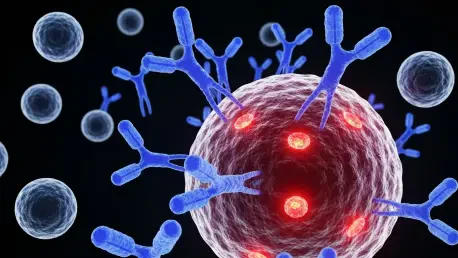
With a rich background in biopharmaceutical research and a keen eye on the intersection of technology and health, Ivan Kairatov has dedicated his career to understanding the molecular underpinnings of chronic disease. His work provides critical insights into how modern lifestyle choices,

In the precise and high-stakes world of breast cancer treatment, the prevailing assumption that more detailed imaging invariably leads to better patient outcomes is facing a significant and evidence-based challenge. For years, clinicians have debated the role of preoperative magnetic resonance

A transformative shift is underway in the treatment of Acute Myeloid Leukemia, offering renewed hope for patients battling the most aggressive and resistant forms of this devastating blood cancer. For years, the prognosis for individuals with relapsed or refractory AML has been bleak, with standard

The landscape of cancer immunotherapy was shaken as Arcus Biosciences announced the termination of a pivotal Phase 3 trial for its TIGIT-targeting drug, domvanalimab. The decision, prompted by a finding of "futility," delivers a significant setback to its partner Gilead Sciences and casts further

The translation of profound academic research into tangible technologies that address humanity's most pressing challenges stands as a hallmark of institutional excellence, a commitment exemplified by the University of California, Los Angeles. In a significant recognition of this mission, two

The home of Barbara and Dennis Meade in Ypsilanti, Michigan, is filled with the unmistakable artifacts of significant health challenges, from the walkers and wheelchairs to the oxygen tanks required for Barbara's chronic respiratory disease. Yet despite these daily realities and their shared,